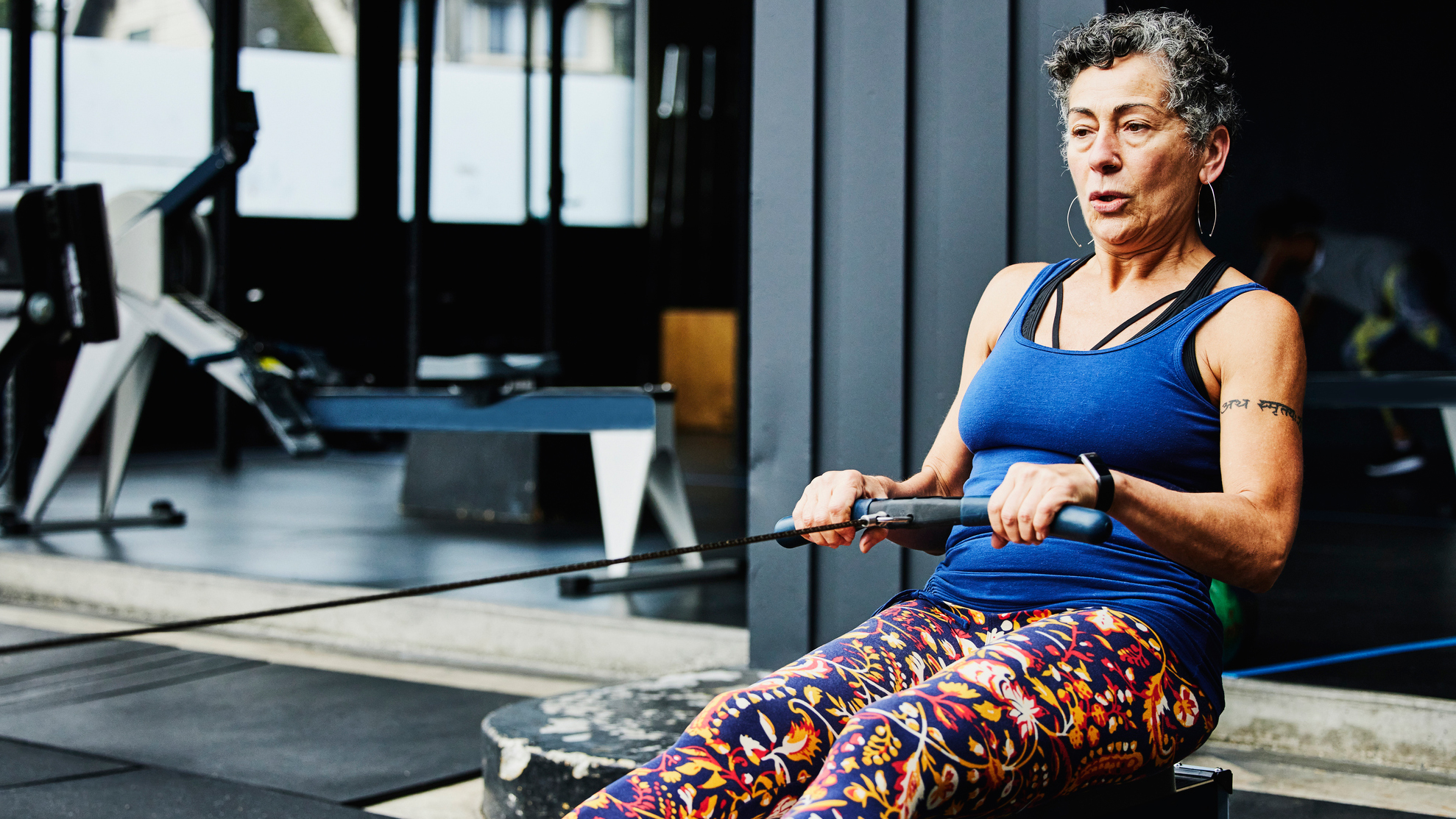How six weeks of consistent exercise could change our bodies for ever
Six weeks of regular exercise could fundamentally change our DNA, according to new research


How long do you give a new exercise regime before seeing results? Three weeks? Maybe four? One month is a lot of people's threshold for change, while in January, most people give up their new year's resolutions after around 18 days, according to research.
However, new research says if you persevere with endurance exercise, like running or cycling, for just six weeks, some amazing things could happen to your body. Time to lace up the best running shoes for men, or best running shoes for women.
That's according to research from the University of Copenhagen's Faculty of Health and Medical Sciences. The researchers recruited healthy young men and put them through a six-week programme of endurance exercise, finding that it impacted "gene enhancers" in our body that made us less vulnerable to diseases.
Assistant Professor Kristine Williams, lead author of the study, said: "Our data provides evidence of a functional link between rewiring of enhancers to control their activity after exercise training and the modulation of disease risk in humans."

It's well-known exercise makes us less vulnerable to heart disease, improves our immune system and reduces our risks of getting some cancers in later life, but it wasn't always known why. It turns out it works right down at the genetic level, and the longer you follow a programme of endurance exercise, the more your risk decreases.
Six weeks is almost long enough to form a lifetime's habit, with research shown it takes around 66 days for behaviours to form on autopilot. If you're not used to getting regular endurance exercise, you only have to wait for six weeks for your body to begin changing on a genetic level, and just over two more weeks to really form the habit of exercising.
How to get started endurance training
Some of you who are new to fitness for the first time may have tried to go on a run or use an elliptical machine before, only to find the process gruelling and horrid. That's a big barrier to forming any habit.
Start your week with achievable workout ideas, health tips and wellbeing advice in your inbox.
The trick is to find something you can do at your own pace. If you'd rather watch TV than go for a run, getting one of the best treadmills or best elliptical machines in your front room might be a great option for you – and to have it right there when you get home from work is excellent for habit forming.
Another great strategy is to take things at your own pace. Running too tough for you at this early stage? Try vigorous walking, or the intermittent walk-run technique – 30 seconds of walking, then 30 seconds of running, making the walking interval smaller by 5 seconds each week.
Matt Evans is an experienced health and fitness journalist and is currently Fitness and Wellbeing Editor at TechRadar, covering all things exercise and nutrition on Fit&Well's tech-focused sister site. Matt originally discovered exercise through martial arts: he holds a black belt in Karate and remains a keen runner, gym-goer, and infrequent yogi. His top fitness tip? Stretch.
